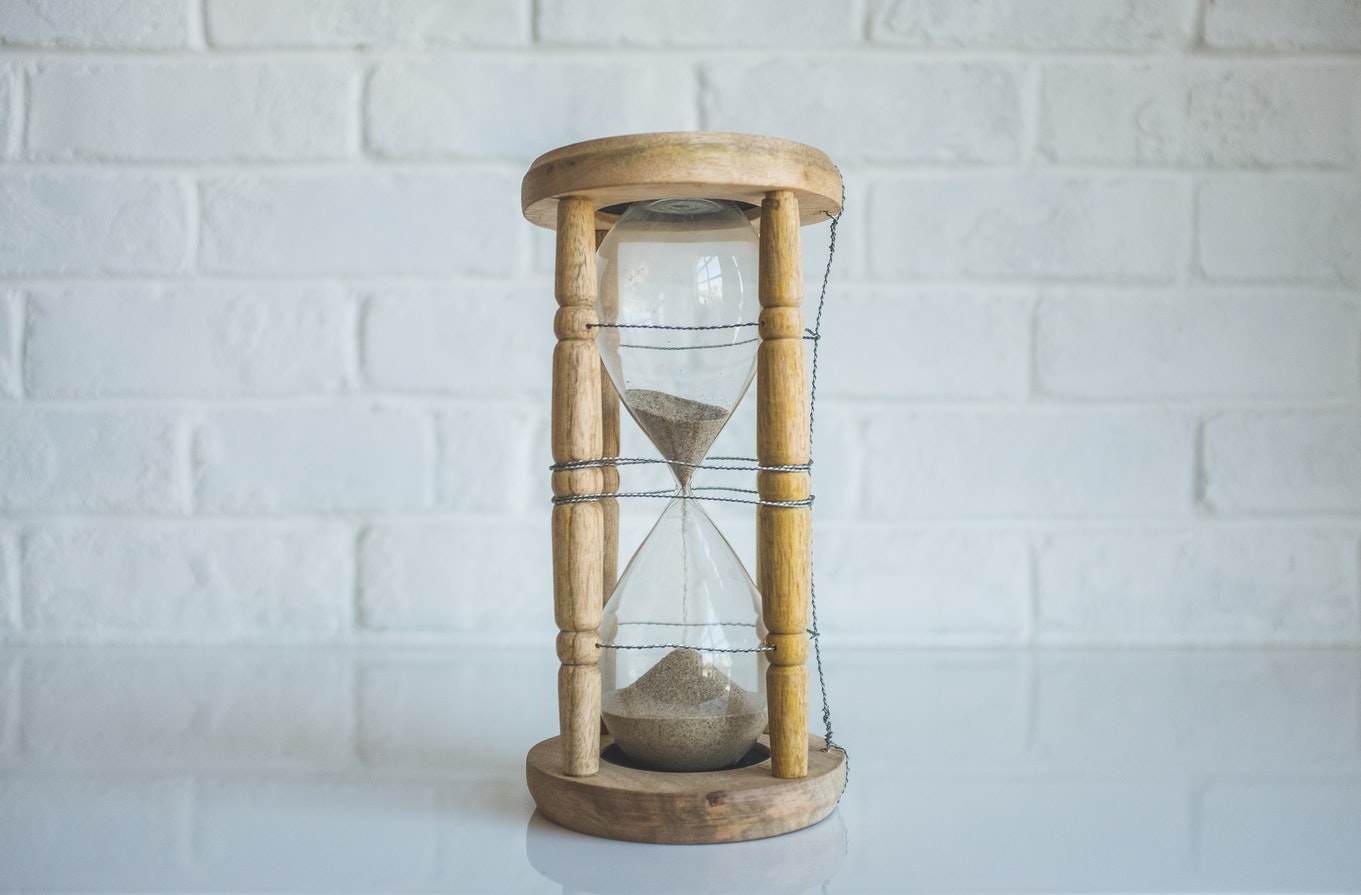
9 Ways to get over writers’ block: from a creative writer
- October 12, 2018
- Rosie Fitzgerald
It’s easy to say you want to be a writer – whether that means author, songwriter, copywriter or journalist. But, it’s much harder to put it into practice. Sometimes it can be impossible to even get your writing started, let alone finish a project.
But it is possible, and we’ve put together some tips to help you be the next JK Rowling or Truman Capote.
Start first thing
Before I start writing I’ll just clean the kitchen. And then I’ll hang out the laundry. Oh and after that I’ll tidy my long-neglected bedroom. Sound familiar? If you’re having a problem getting started with your writing, then make it the first thing you do when you wake up.
Not only will this help with your tendency to procrastinate, your mind will be more ready to write in the morning.
This is because the creative side of our brain is more active when we’ve just been sleeping.
Almost as if you’re in a dream-like state, writing in the morning will allow you to write a steady flow of consciousness, before the logical, right-side of your brain tells you it’s not a good idea.
If you’re more of a night owl then late night might be when you’re the most creative.
Get out
If like said above you’re easily distracted by jobs around the house when you’re trying to write, get out of the house. Some fresh air, exercise and new stimuli will give your brain a bit of a boost and enable you to be more creative.
You might want to take a thoughtful walk – recent research has found that walking promotes blood flow to the brain which makes you more engaged and alert. But, simply slouching down in your local coffee shop will give you a change in scenery.
Alternatively, some people find their best ideas come whilst they are in transit, such as being on a bus or train, or the passenger of a long car journey.
Inspiration comes at the times we least expect it to – from people we meet, to things we observe. So it’s beneficial to carry a notepad around everywhere you go!

Set yourself targets
If it’s quantity you’re struggling with, then setting manageable targets for the day can be a good way to help. For example “by 12pm I will write 500 words”. Don’t let yourself leave your desk until you’ve met the word count!
Try the Pomodoro Technique
This technique requires working in short bursts of 25 minutes. When the time is up, you take a 5 minute break. After 4 25-minute bursts, you can take a longer break of 15 minutes.
The idea of the technique is to reduce external distractions and regain focus on set tasks.

Enter competitions
Setting yourself fixed deadlines to get something done will help you put in the hours it takes to write a story.
Enter yourself into some writing competitions. That way, you’ll have a deadline date you’ll have to have your story finished by. This will work as an incentive to make you actually crack on with a story.
Many of these offer prizes. You could win money, time with an editor and even a publishing deal.
Keep pen and paper by your bed
Like we said earlier, because your creativity is most active when you’re close to sleep, ideas often strike when we’re in bed.
Instead of not bothering to get up and write the idea down, only to forget it by the morning, keep a pad by your bed.
That way, you can simply scribble it down without having to move and then go straight back to sleep. And the idea will be there waiting for you when you wake up, instead of lost with your dreams.

Read!
As the old saying goes, a good writer is firstly a good reader. Whenever you’re not writing you need to be reading.
Try and take note of the techniques used in the novels you read. And try and read the latest fiction, so you know the latest trends and styles.
Sign up for the National novel writing month
If you really want to set yourself a to write more than you ever have then take part in national novel writing month.
This literary task is aimed at writers of all levels who want to get something finished. And the challenge is to write an entire novel in just a month.
There’s lots of local groups about offering workshops and advice, and also some success stories to get you motivated.

Don’t be too hard on yourself
The important thing to remember as a writer is that nothing is permanent. You might write something one day, read it the next and decide it’s no good! It doesn’t matter. JK Rowling went through 200 publishers before finding her break. So don’t be hard on yourself, and most importantly, don’t give up.
Rosie Fitzgerald is a freelance journalist, who studied English Literature and Creative Writing at UEA and has previously been published by The Tab, Babe and The Guardian. Rosie is currently interning at Wanderlust magazine.







